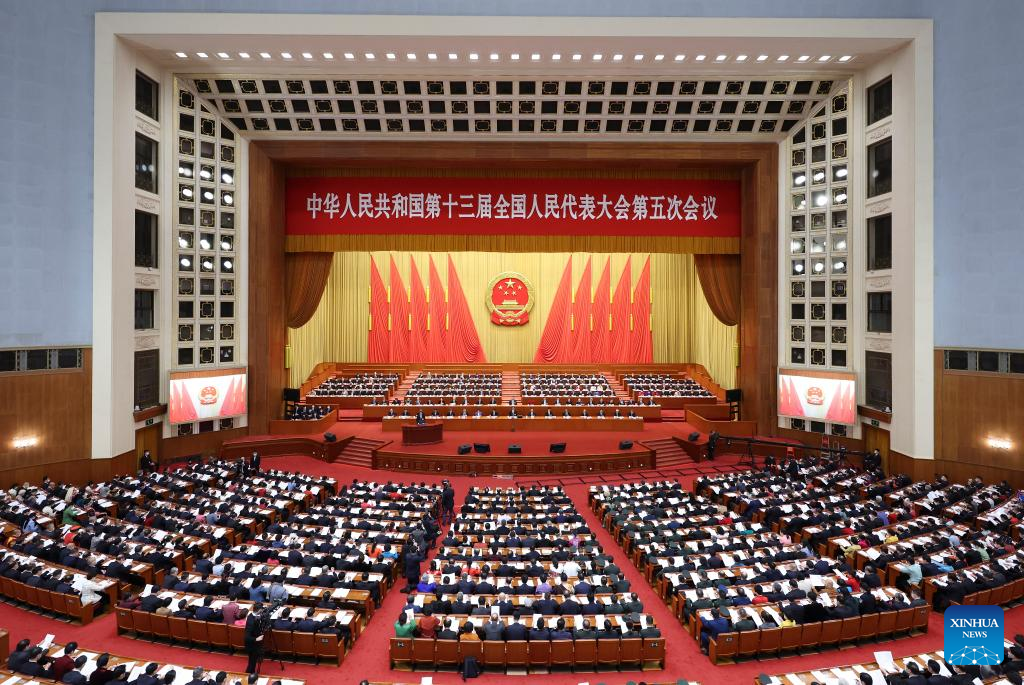Xi sets forth a long-term strategic blueprint for China
By Laurence Brahm | chinadaily.com.cn | Updated: 2022-10-21 10:57

General Secretary Xi Jinping's speech at the opening ceremony of the 20th CPC National Congress set forth a long-term strategic blueprint for China to navigate its own development in a rapidly changing and extremely volatile and unpredictable world.
After a clear review of China's stages of reforms since its opening-up in 1979, Xi acknowledged past accomplishments, but recognized the challenges of our present time and the systemic global risks of the future. He emphasized the need for further structural reforms in the Chinese economy, focusing on quality of growth over quantity. This will require further development of technology industries, aeronautics and space exploration, and environmental technologies to address climate crisis and energy efficiency.
China's leadership has recognized the risks inherent in a debt-driven social media-based economy, as has been embraced by many Western nations. Readjustment away from this Western model to emphasize the real economy rather than just virtual debt-funded economy, will witness a re-allocation of capital on solid development rather than margin trading. Realization of a growing complex international environment, and the breakdown of globalization in the post-COVID-19 era, has required a readjustment of China's economy from outbound export reliance to one of domestic development and consumption.
China's leadership also recognizes that certain Western systems are driven by the elite capital concentration that determines political agendas and politicians' careers, making for inefficient government. It is opting instead for long-term planning guidance of market economics with government setting agendas and using capital rather than being used by it. Regulation of capital markets, insurance and financial products will be in the interest of overall social stability.
There was less focus on economics, little mention of monetary or financial policy as in past congresses, and clear recognition of the importance of social security and agricultural stability. Farmers' rights will be emphasized indicating less rapid real estate development, especially when it encroaches upon fertile agricultural land. Food security in an increasingly uncertain world underlies all of this.
High quality development will be emphasized over lower sector industries. The impact on foreign investment will be to shift away from lower-level manufacturing of cheap products for export, real estate and tourism, shifting more toward higher technology, technology services and key industrial investment. Emphasis will be on the digital economy together with new industrialization that will seek to streamline chains of distribution requiring infrastructure upgrades to achieve this.
The message is that past emphasis on economics alone is not enough. Economic development will need to assure social stability and security for long term sustainability. Indicators are emphasis on domestic circular economy will become increasingly important in the post-COVID-19 global environment. We can expect continued emphasis on prevention as the cure.
The author is a US documentary filmmaker and a senior international fellow at the Center for China and Globalization.
The views don't necessarily reflect those of China Daily.
If you have a specific expertise, or would like to share your thought about our stories, then send us your writings at opinion@chinadaily.com.cn, and comment@chinadaily.com.cn.
























